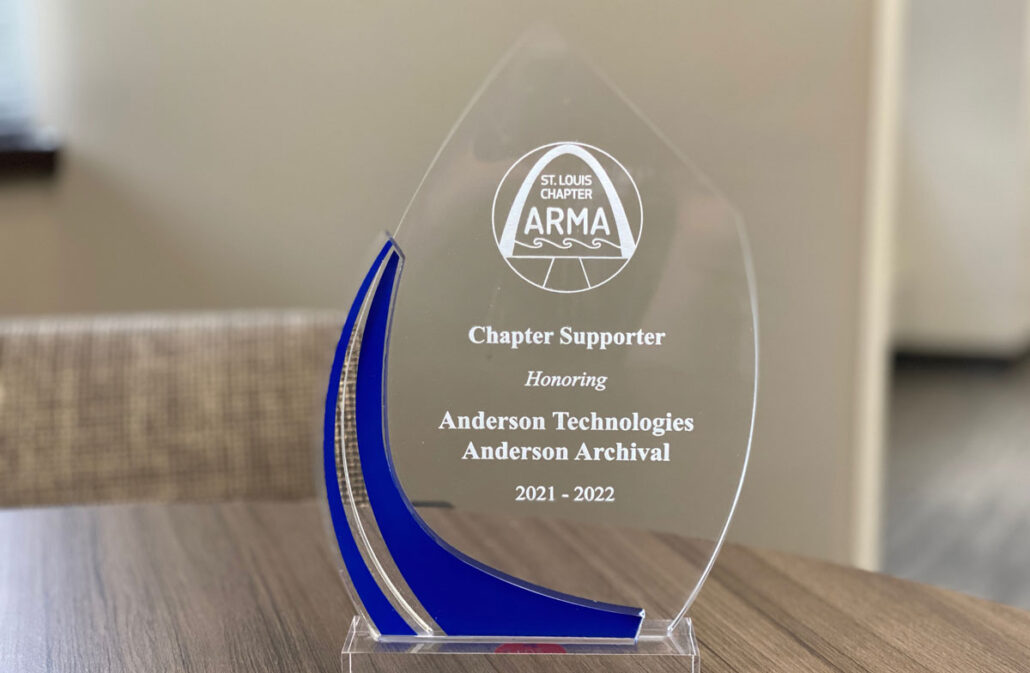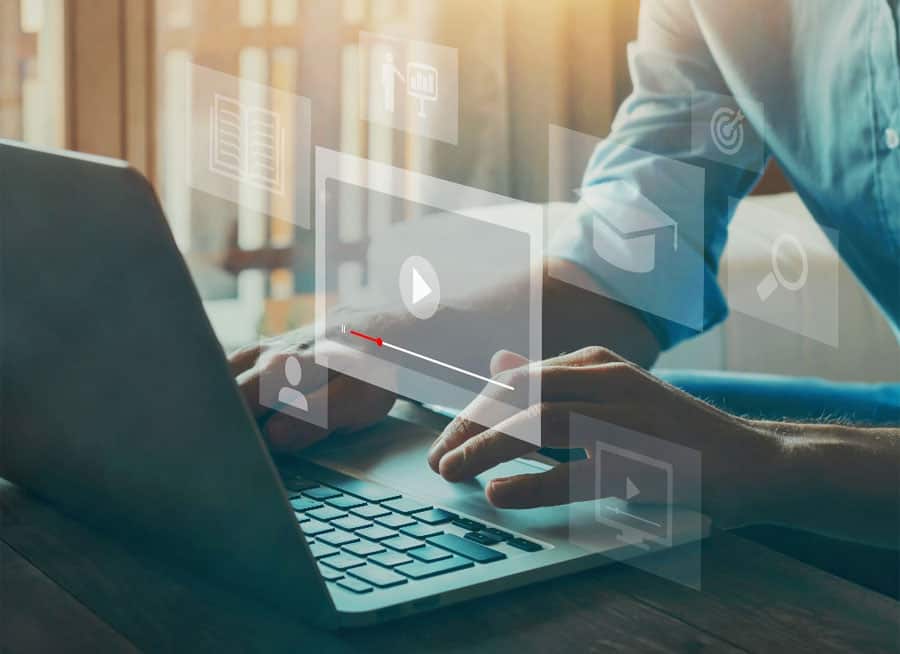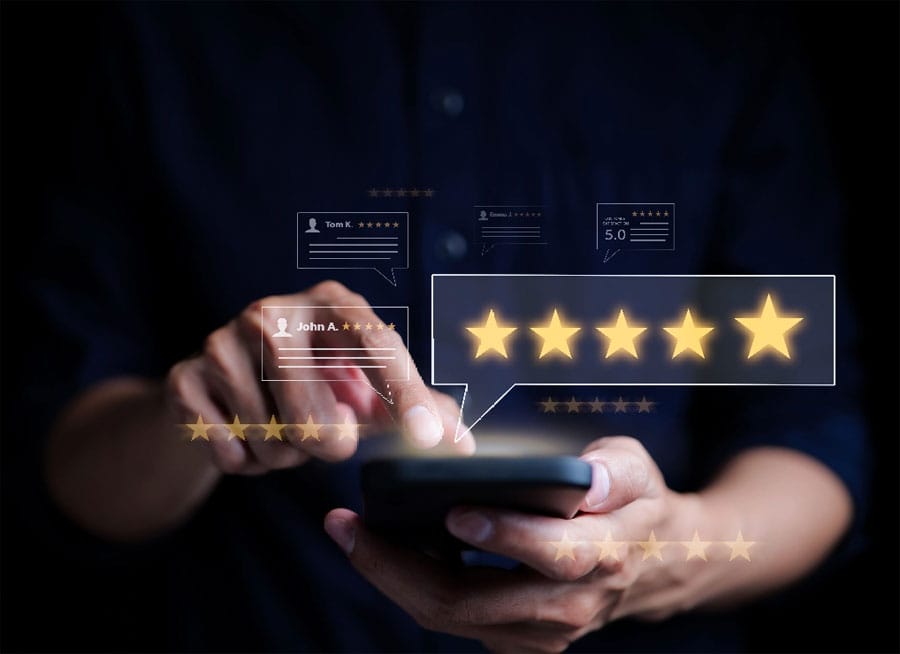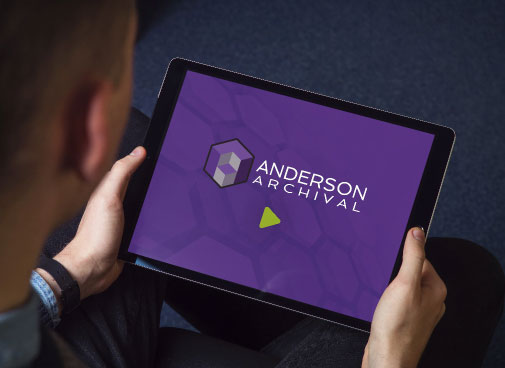Experience Stories Worth Celebrating

By Operations Manager Marcia Spicer Regardless of the audience, every museum, historical society, or specialized library knows they have a story worth telling. That’s why they’ve taken countless hours, dollars, and coordinated effort to form. In collections, we often see decades of dedication and work spearheaded by a single individual or a small group who […]
Access to Your Archive: Make It Easy, Make a Difference

Why digitize? This is the question many archive owners, collectors, and curators face. In an increasingly digital world, analog access to collections and archives is still the norm. But should it be? A Philosophical Question If a tree falls in a forest and no one is around to hear it, does it make a sound? […]
ARMA St. Louis Honors Anderson Archival and Anderson Technologies

by Marcia Spicer Last month, we celebrated the conclusion of the 2021-2022 season of ARMA St. Louis’s programming. The local chapter of the Association of Records Managers and Administrators, along with the nationwide organization, is made of records management professionals, working in industries as varied as electricity, finance, archives, and—you guessed it—digitization. For the last […]
Access Is Essential!, Part 2

by Shana Scott As I outlined in my last post, the purpose of preservation is to protect an object, document, or other material and ensure it lasts for future generations to see and use. I talked about accessibility and what it means for all types of people accessing physical collections. Here’s a statement that very […]
Access Is Essential!

by Shana Scott The purpose of preservation is to protect an object, document, or other material and ensure it lasts for future generations to see and use. But can you really call your collection preserved if people can’t access it? The US Library of Congress’s Preservation Directorate “sustains and ensures long-term access to these unmatched […]




